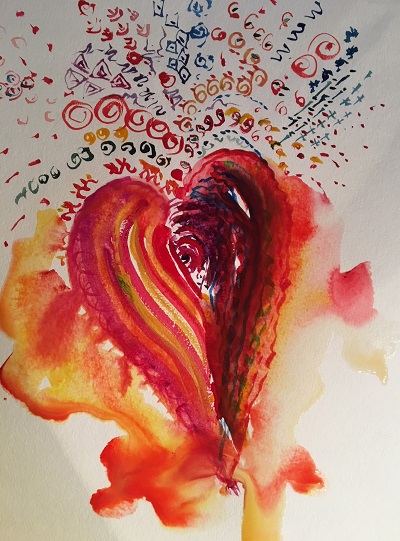Payers for addiction treatment – insurance companies, the criminal justice system, and child protective services – increasingly require abstinence as the treatment outcome before they’ll pay their bills. Addiction is a medical illness, however, whose primary symptom is compulsive use. If people with addiction could refrain from compulsive use, they would be in remission from the illness and not need treatment. This double bind of failure results in ghastly costs in human suffering and over $600 billion for the U.S. economy.
 We label people with addiction as “addicts” and “alcoholics,” as “them,” not “us.”
We label people with addiction as “addicts” and “alcoholics,” as “them,” not “us.”
Brain research reveals we are all in this together.
The brain alterations enacted by addiction involve some of the same neurocircuitry involved with human bonding. Without the substance, scientists term the induced state “craving.” Yes, perhaps, there’s craving for the substance, but medications and behavioral therapy can help, just as they help people with obesity handle cravings for food.
Also present, though, through an unknowable combination of predisposition and brain alterations, is abject longing. As Maia Szalavitz puts it, the brain, at essence, has learned to love the substance instead of a person. Mandated abstinence can create a profound state of grief akin to loss of one’s beloved through traumatic, truncated attachment.
The greatest works of art, literature, and music convey what people do with the unbearability of loss – and deals they do with the devil or the gods to regain what’s missing. But for people with substance addiction, relief from that unbearability is at arm’s length. We’ve all experienced unbearable grief from loss. It can seem an act of mercy to return to use.
Abstinence can require a level of forbearance, and a tolerance for suffering, that many people simply don’t have.
Further, refraining from use, or abstinence, is not a treatment for addiction. The first-line treatment for substance use disorders, and for the mental and physical illnesses that can accompany them, is medical care, including medications for each individual as determined by a medical professional. Much addiction “treatment” in America is mandated abstinence and group therapy, the latter also not an evidence-based treatment for addiction. Rates of return to use after this kind of “treatment” are nearly 100% in year one.
And “use” of substances actually isn’t a problem. People have been using substances for 10,000+ years for pleasure, relief, and escape. Of people who use any substances, in any way, 70-80% do not become addicted to them. We’d never know it from media coverage, but the risk of developing addiction from substance use is low.
I think society’s predominant view of people with addiction is that they use substances to, essentially, masturbate with them. Hence the moral and criminal approach to “treatment,” the resultant stigma, and mandated abstinence.
What if we let science help us see that addiction is a very human problem? What if our addiction treatment focused on medical care first, then the trauma that most people with addiction have experienced and the mental illnesses that more than half have as well? And what if we viewed mandated abstinence as a state of grief? How might our own bereaved hearts open to our brothers and sisters?
Watercolor by Jesi Pace-Berkeley
The views expressed are mine alone and do not necessarily reflect the positions of my employers, co-workers, clients, family members or friends. This content is for informational purposes only and is not a substitute for medical or professional advice. Consult a qualified health care professional for personalized medical and professional advice.

